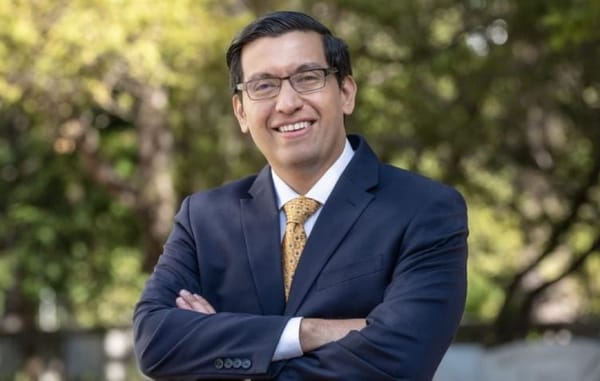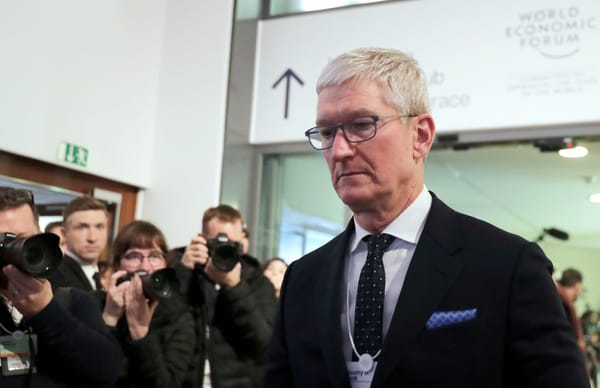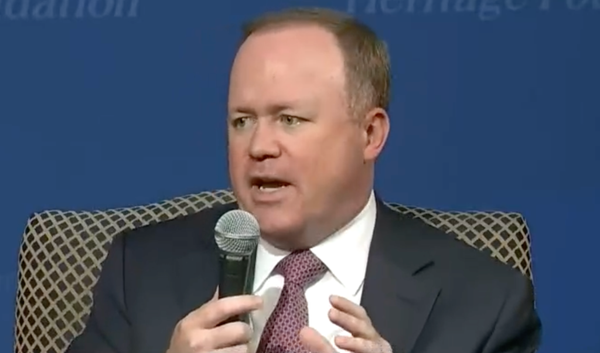Official: Developing Countries Want National Broadband Insight
WASHINGTON, December 10, 2009 – Developing countries frequently ask the World Bank for advice on how to roll out a national broadband strategy, said a speaker Thursday at a Federal Communications Commission workshop on the benefits of global broadband connectivity.
WASHINGTON, December 10, 2009 – Developing countries frequently ask the World Bank for advice on how to roll out a national broadband strategy, said a speaker Thursday at a Federal Communications Commission workshop on the benefits of global broadband connectivity.
Valerie D’Costa of the World Bank’s Information for Development Program said there is a need for more “creative and collaborative models to be developed” for developing countries to look to when considering a national broadband rollout. These models should focus on ways to be cost effective, pro-competitive and help grow local markets, said D’Costa.
D’Costa previously served as director of the international division for Singapore’s government agency charged with the development, promotion, and regulation of the countries information and communications technology sector. D’Costa said Singapore tends to look at broadband issues “holistically” and weighs how all related issues for one action will help the country and build up its connectivity. Singapore is strongly supportive of public-private partnerships, she added.
Also during the workshop, D’Costa said the World Bank will be focusing on deepening its economic analysis work of developing countries.
Steve Corda, vice president for market development at SES World Skies, said one challenge for broadband rollout is that satellite costs initially are very high and access to capital is difficult. “Bridging the gap” for the early periods when a satellite system gets set up so the business can become established would be helpful, he said.
Diane Cornell, vice president of government affairs of Inmarsat, noted that the current universal service fund doesn’t work at all for satellite.









Member discussion